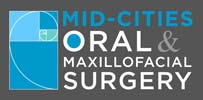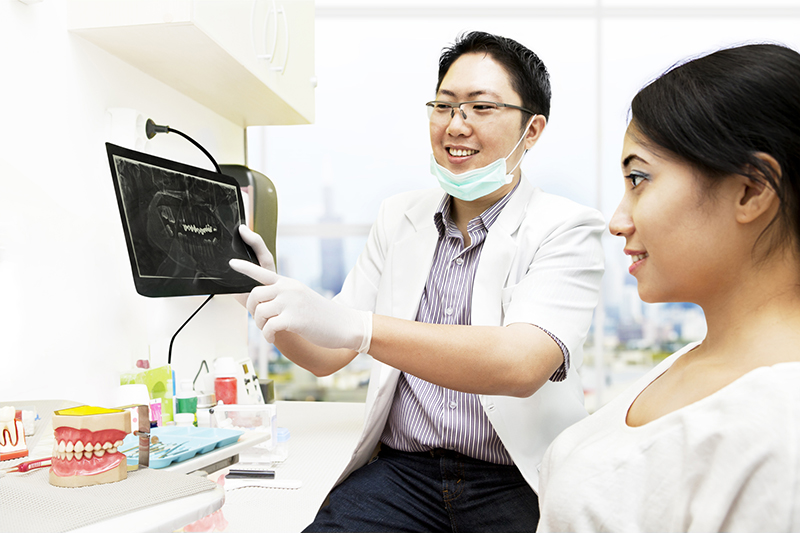Oral surgeons have expertise in a variety of areas of dental medicine beyond surgical procedures, including oral pathology.
Oral pathology is the field that focuses on diagnosing and planning treatment for oral diseases. Those diseases can range from infection to benign cysts and tumors to cancer. Dr. King removes samples of irregular tissue for examination on a microscopic level to determine the specific nature of the oral disease.
Correct diagnosis and proper treatment of oral diseases are essential to maintaining good oral health throughout your lifetime. To learn more about our practice’s oral pathology services and when they can be beneficial to patients, contact our office.



